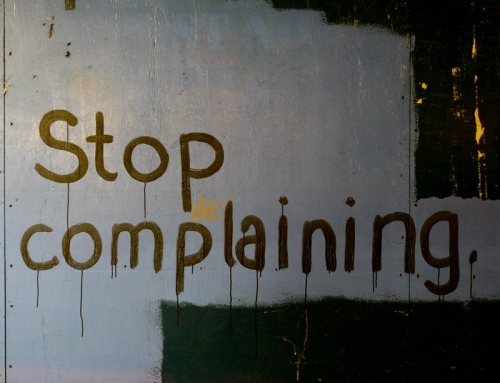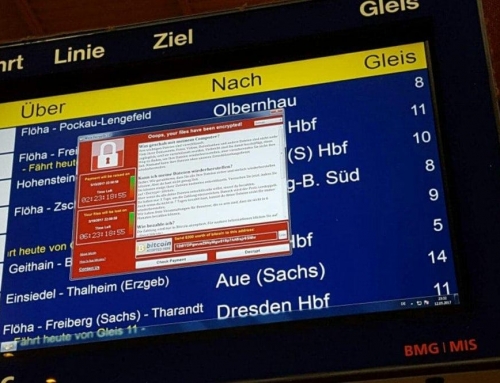Over the last few days, it’s a fairly safe bet that your thinking around the Coronavirus has changed. Your inflection point: A shift from concerned to being on red alert, or from not believing the hype, to bulk-buying toilet paper. If your company still hasn’t got a crisis management in place for the Coronavirus, this week will be the crunch: Not having a contingency in place is a ticking time bomb.
 There are many “what if’s” right now, but as the SARS-CoV-2 aka COVID-19 aka Coronavirus continues to spread, it is putting corporate reputations on the line.
There are many “what if’s” right now, but as the SARS-CoV-2 aka COVID-19 aka Coronavirus continues to spread, it is putting corporate reputations on the line.
Around the world, we are approaching crisis/panic mode. This is when people struggle to make rational, considered decisions – or find these decisions are made for them, such as the Italian Government quarantining large parts of the north of the country. More localized measures in place in Lombardy for the last few weeks have been expanded on a massive scale – causing disruption to every firm in the region.
No longer wait-and-see time
It’s easy to procrastinate, to sit on the fence and play “wait and see”. And the larger the organization, the harder it can be to coax the corporate machine into making a cohesive statement within a “reasonable” period. (By reasonable, I mean before rumor and speculation is rife.)
Yes, there are layers of approval, different interests that need to be protected – and of course the lawyers – the reason why corporate statements often are so carefully worded that they end up sounding strange.
As the virus has spread, we have observed two distinct groups forming: Companies that were prepared for crisis communications, and have been able to act decisively, and those that have not.
Effective crisis communication
One of the nuances of effective crisis communication is to keep up with the rapid pace at which stories play out. Having a plan doesn’t just mean preparing one statement, “just in case”. It means having a series of stages – once one defense falls, time to move to the next.
For corporates, this means making the pivot at the right time – shifting from “concern” to affirmative action. The yardstick: when the cost of a damaged reputation – from appearing to be tone-deaf, if nothing else – starts to outweigh the cost of plowing on, despite adversity.
Making that decision is hard, even at the best of times. It’s way, way harder when the world appears to be crashing around your ears and you – the decision-maker – is being pressed from many angles.
That’s why the most effective crisis management plans are developed on a boring Wednesday afternoon when there’s NOTHING going on. That’s the point. Once the proverbial doo-dah hits the fan, you’re bent out of shape by so many forces and it’s nigh-on impossible to be calm and rational. Also, even if you keep YOUR head – what about those around you?
Thinking about a virus-related PR stunt? You’re gambling with your reputation
This is not the time to try and gain PR mileage from the situation. Enough people are panicked to respond VERY BADLY to any publicity stunt.
This means, if you’re going to offer some “help”, it’s got to be genuine. Remember that people are dying – and a great number more are scared. If your stunt backfires, it’s going to hurt your reputation. So, if you’re thinking of putting out a COVID-19 related press release to make your product or service look good … then unless you’ve discovered a global cure, think very carefully.
Some of the examples of virus-related measures that we admire:
- Software company GitLab published its internal handbook on remote working – and as an all-remote company, it does so with considerable authority – providing practical, helpful guidance to people perhaps working from home for the first time
- Google and Microsoft both offered free video conferencing technology for a few months – yes, there’s a commercial motive, but it’s also a legitimate move.
What corporates can do now: A five-point checklist
- Don’t panic: Nobody has all the answers. Just make sure you have a clear statement of intent – and contingency plans in place in case / when things get worse
- Keep it honest. Most people can see through thinly veiled lies
- Stay genuine. Avoid mealy-mouthed statements – or, worse still, silence
- Update early and update often
- Don’t expect to be able to tell the whole story yet – as the impact of the virus continues to change, it’s hard to make any definitive statement. Just make sure you remain true to your principles







